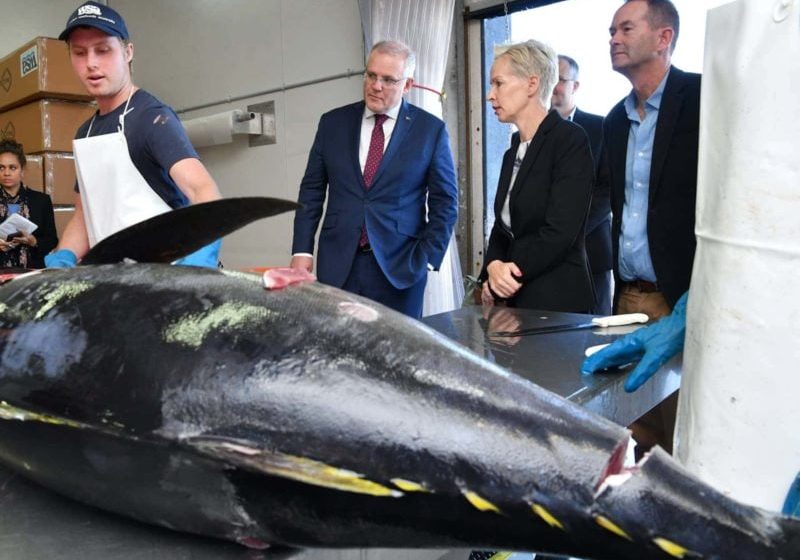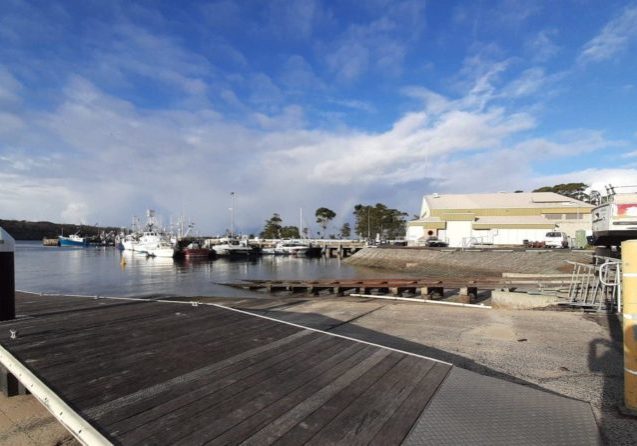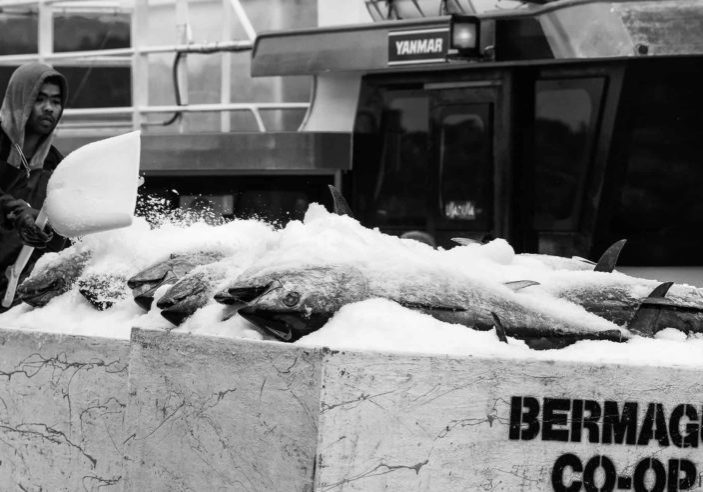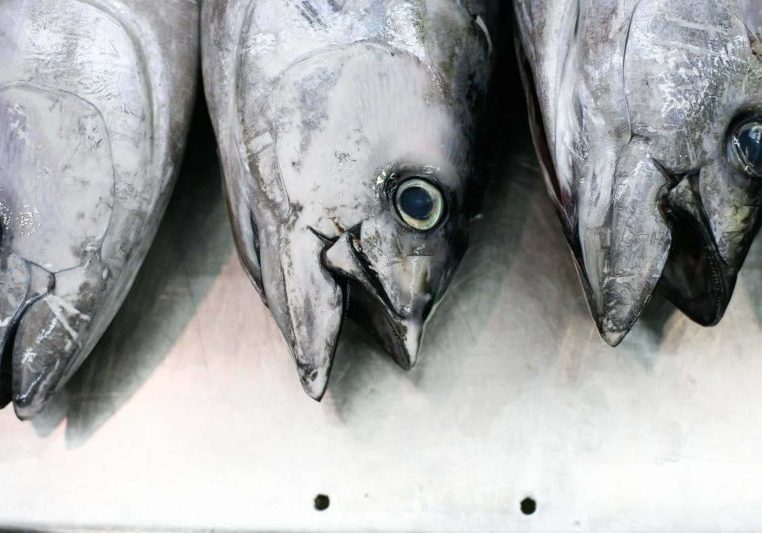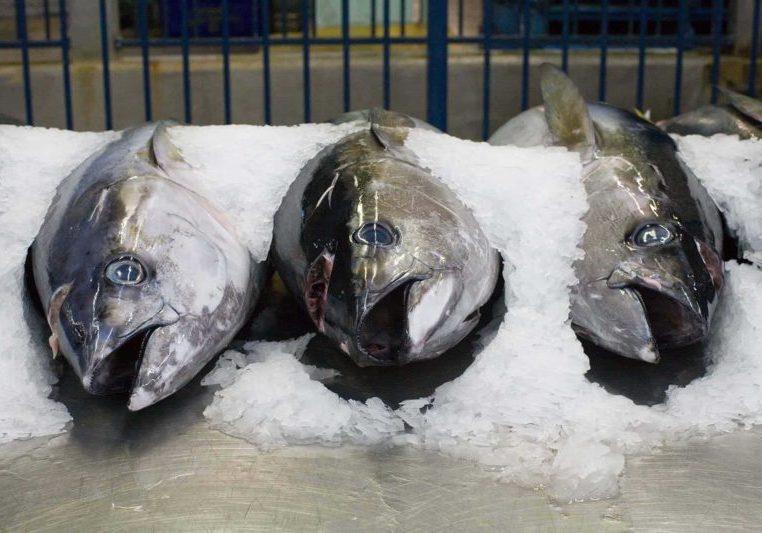Freight lifeline gives Australian fishers time to adapt their export models
Exporting premium seafood was a complicated business even before Covid-19 shut down air freight routes in 2020.
For Queensland-based 4 Seas, border closures and the grounding of international flights threatened its capacity to supply high-value overseas clients, primarily in the US and Japan.
“When COVID first hit we had no flights in the sky for at least eight weeks, then the price of freight quadrupled – we could not continue to supply our premium fish to international customers,” 4 Seas CEO Adam Whan said.
The Mooloolaba business was suddenly faced with the prospect of losing key markets for its premium swordfish, striped marlin, yellowfin tuna, bigeye tuna and albacore tuna.
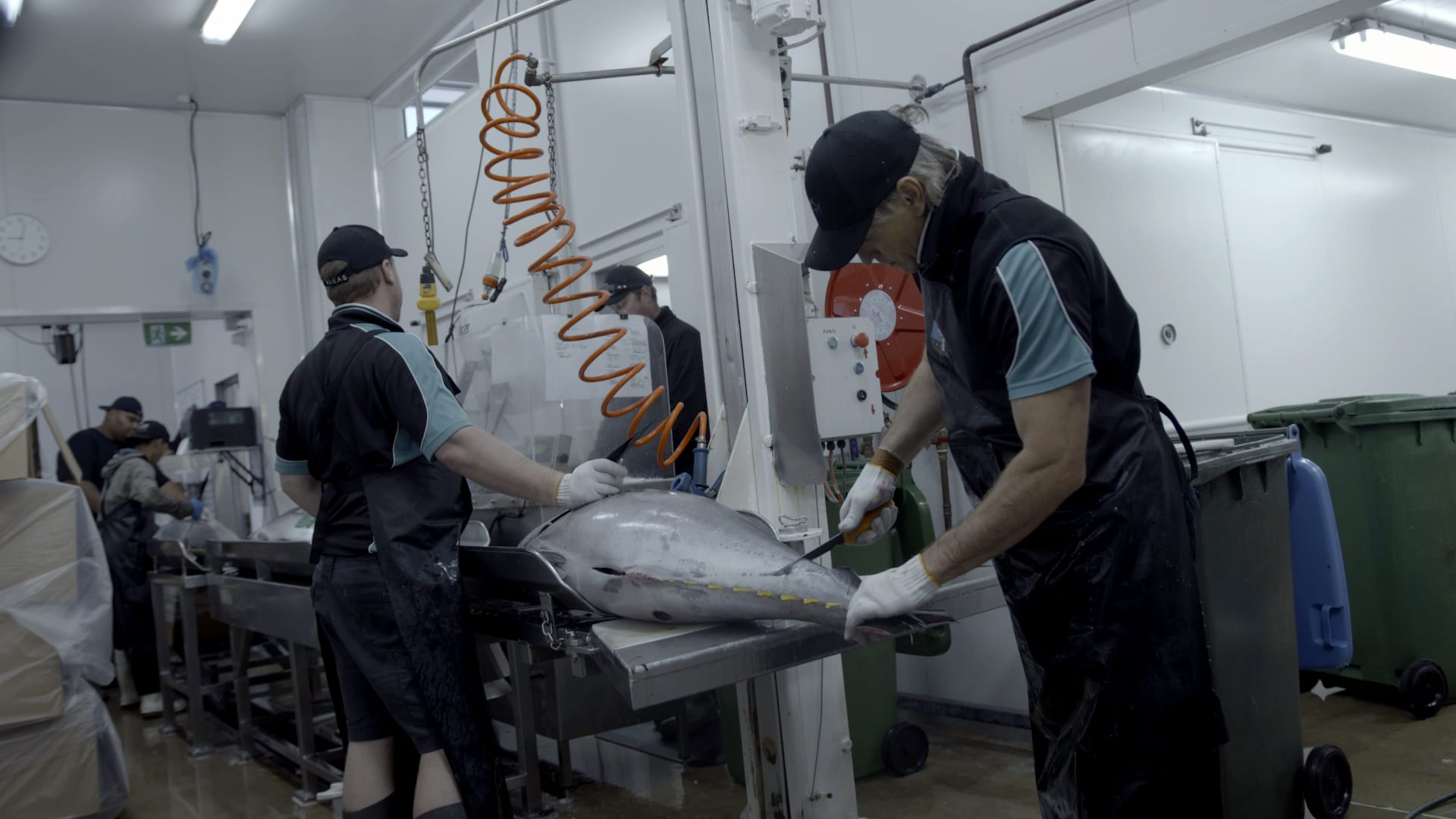
The Australian Government’s International Freight Assistance Mechanism (IFAM) allowed 4 Seas to rebuild supply chains with its existing customers and remain connected to its global markets.
“Having some available flights supported by IFAM to keep our key supply routes connected has meant our business has been able to survive through these challenging times,” Mr Whan said.
“The flights also allowed us to maintain our reputation as a reliable supplier of premium seafood products.”
IFAM, a targeted, temporary measure to repair damage to global supply chains, is giving many Australian exporters time to adjust to the new trade environment shaped by Covid-19 pandemic restrictions.
For 4 Seas, this has meant greater flexibility in exporting, as well as looking at ways to diversify in the domestic market – selling products to a variety of outlets across Australia.
Tuna Australia CEO David Ellis said 4 Seas was one of dozens of Australian fishing businesses which had been able to maintain links to global supply chains through IFAM.
“One of our biggest challenges was to adapt from our pre-COVID export model, where flights were freely available and freight economical, to a complex trade environment where flights are sparse and expensive, and fish markets are volatile,” Mr Ellis said.
“Fishing companies have to gamble on whether they can catch and land fish at a certain time to meet a scheduled air bridge connection.
“The IFAM team at Austrade have been very helpful in understanding our challenges and have helped re-connect us to key markets supporting our businesses in these challenging times.”
This article first appeared on the Australian Trade and Investment Commission website
